Tashkent hosts third regional consultations of CA’s National Human Rights Institutions
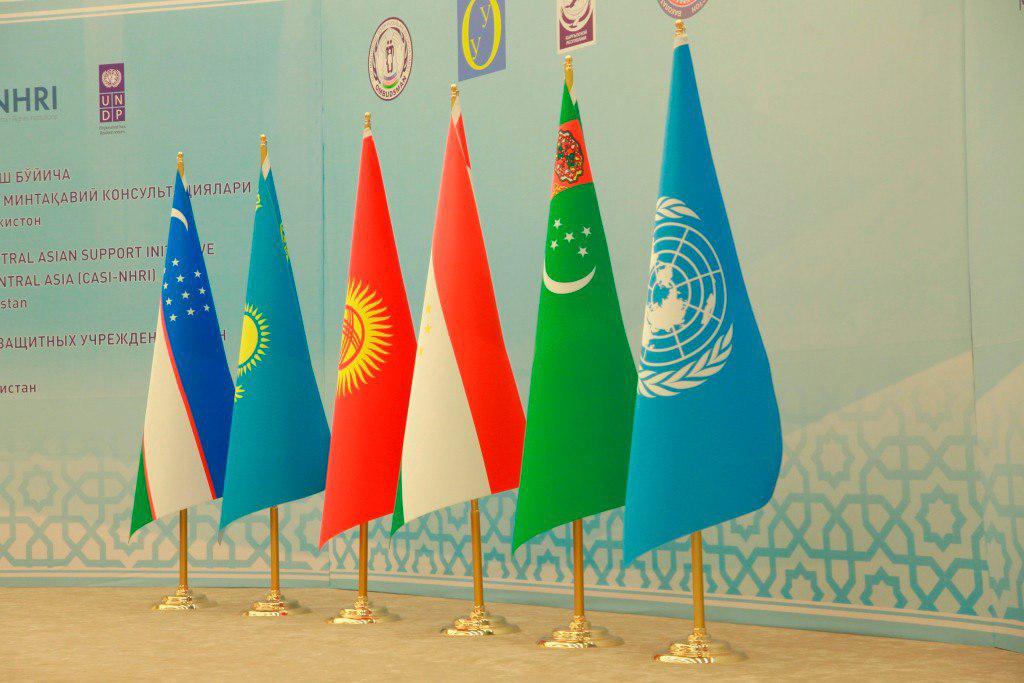
The Third Regional Consultations of National Human Rights Institutions (NHRIs) of Central Asia (CA) were held at the Palace of Forums in Tashkent, UNDP press service reported.
This regional platform is supported by the UNDP Istanbul Regional Hub (IRH) and the UN High Commissioner for Human Rights’ (OHCHR) Regional Office for Central Asia (OHCHR) as part of Central Asia Support Initiative for NHRIs (CASI-NHRI) through Strategic Tripartite Partnership of UNDP, OHCHR and the Global Alliance of NHRIs (GANHRI).
Annual regional consultations had conducted since 2016 provide the NHRIs of Central Asia with a platform for sharing experience and best practices. Such knowledge-sharing contributes to strengthening cooperation between the NHRIs of Central Asia and formulating effective solutions to human rights issues problems, both nationally and regionally.
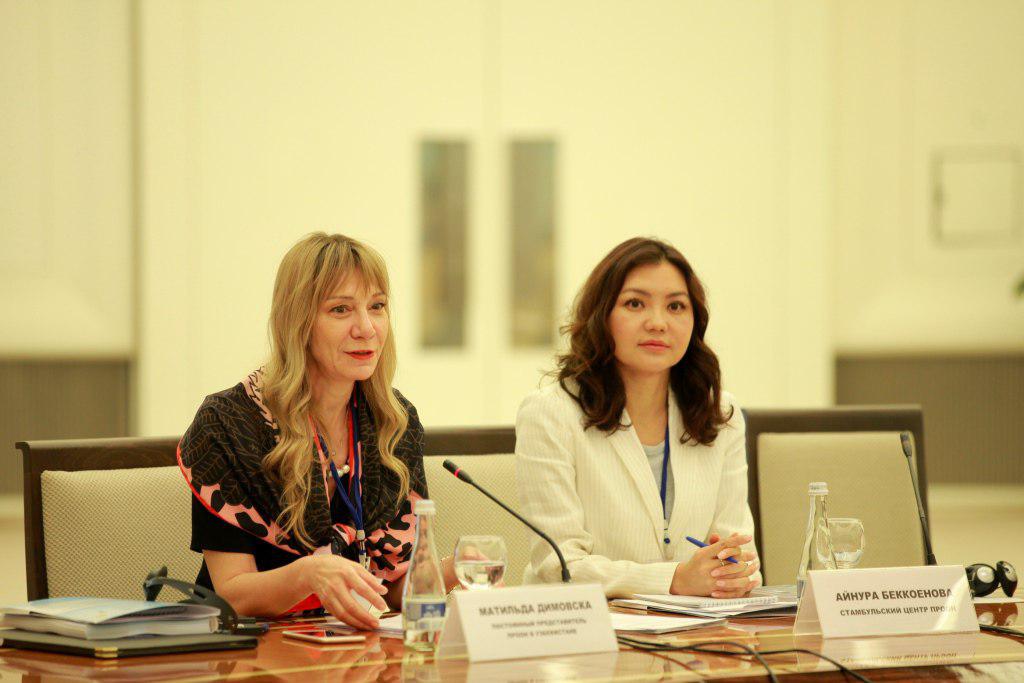
Following the outcomes of regional consultations, the NHRIs adopted an Action Plan to strengthen cooperation.
In his welcoming speech, the Regional Representative for OHCHR Regional Office for Central Asia, Mr. Ryszard Komenda, highlighted that “building sustainable partnerships with civil society organizations, academic community, human rights defenders and UN human rights mechanisms should be an integral part of the NHRIs’ work. The Regional Office of the High Commissioner for Human Rights’ (OHCHR) for Central Asia, for its part, is ready to assist the initiatives planned, including to strengthen the dialogue with civil society, to interact with UN mechanisms in the field of human rights and to strengthen the principle of independence of the Ombudsman’s offices”.
On the second day of the event, a seminar was held on the theme “Human Rights for Sustainable Development” where representatives of the NHRIs of Central Asia discussed their role in the implementation of the Sustainable Development Goals (SDGs).
The 2030 Agenda for Sustainable Development explicitly references human rights throughout its text and the SDGs “seek to realize the human rights of all”. Given their unique mandate and role, National Human Rights Institutions (NHRIs) can play a key role in the implementation and follow-up of the Agenda.
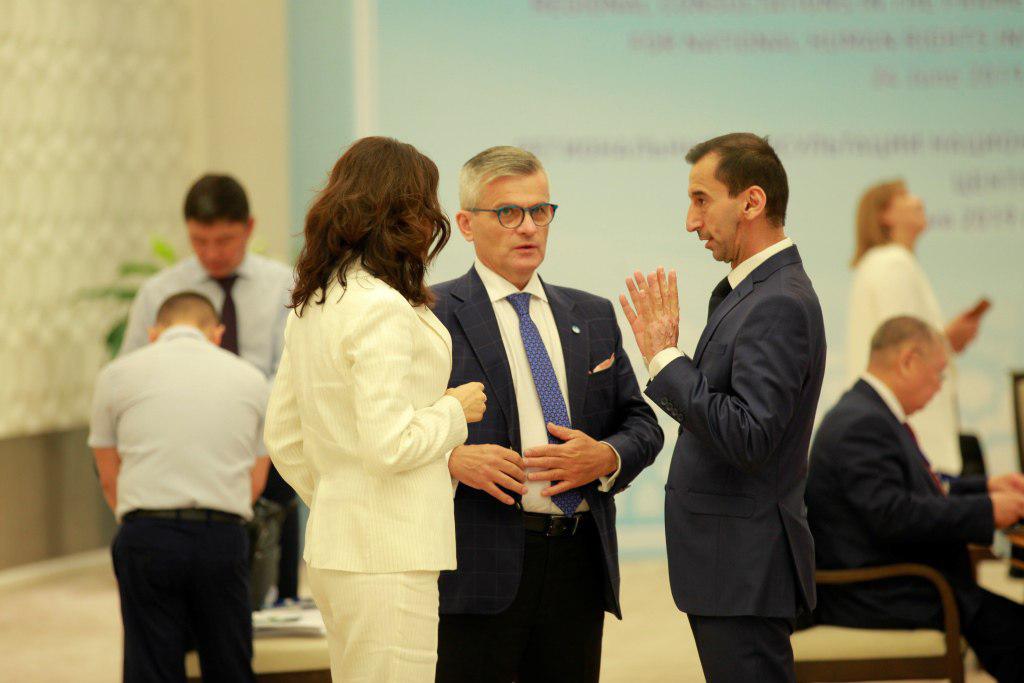
“NHRIs’ approach towards supporting the implementation of SDGs can be labeled as ‘constructive accountability’; in other words, NHRIs should cooperate with states to ensure the most inclusive, participatory process for the development of action plans for implementing the SDGs and to ensure that “no one is left behind”, while at the same time holding states accountable for implementing their commitments. NHRIs should ensure that implementation of the SDGs becomes part of the national debate, and that states develop national indicators that encompass all of the goals.” said Ms. Matilda Dimovska, UNDP Resident Representative in Uzbekistan.
During the seminar, participants learned more about the inter-linkages between the SDGs, human rights system and recommendations of the UN human rights mechanisms; were introduced to the basic principles of a human rights-based approach to data, including the preparation of SDGs reports and preparing information on the implementation of human rights obligations for the UN mechanisms; were familiarized with the use of human rights indicators in the preparation of national reports and data collection, in particular, in the framework of voluntary national surveys on SDGs; and discussed possibilities for enhancing the role of the Central Asian NHRIs in the SDG implementation processes.
Related News

15:01 / 10.10.2020
Eradicating forced labor, fight against corruption, freedom of expression – Uzbekistan and EU discuss areas of cooperation
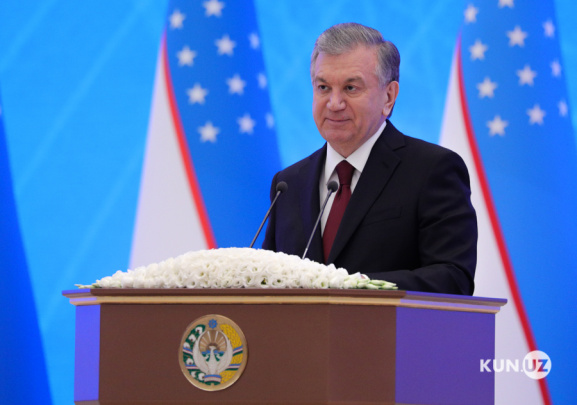
15:00 / 12.08.2020
President Mirziyoyev greets participants of Samarkand Forum on Human Rights
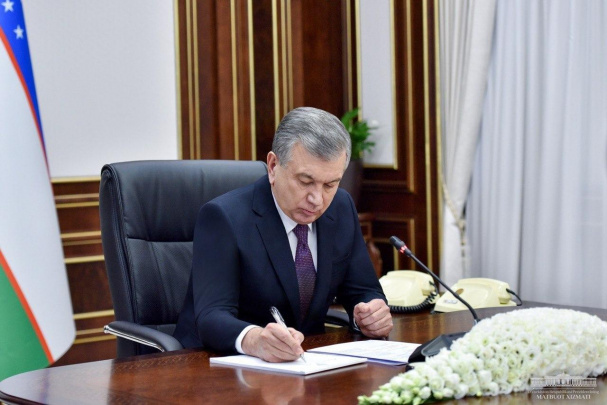
12:12 / 23.06.2020
Uzbekistan’s National Human Rights Strategy approved
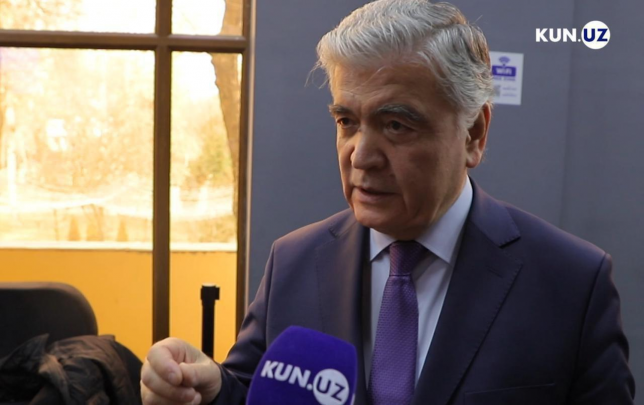
21:45 / 21.12.2019




